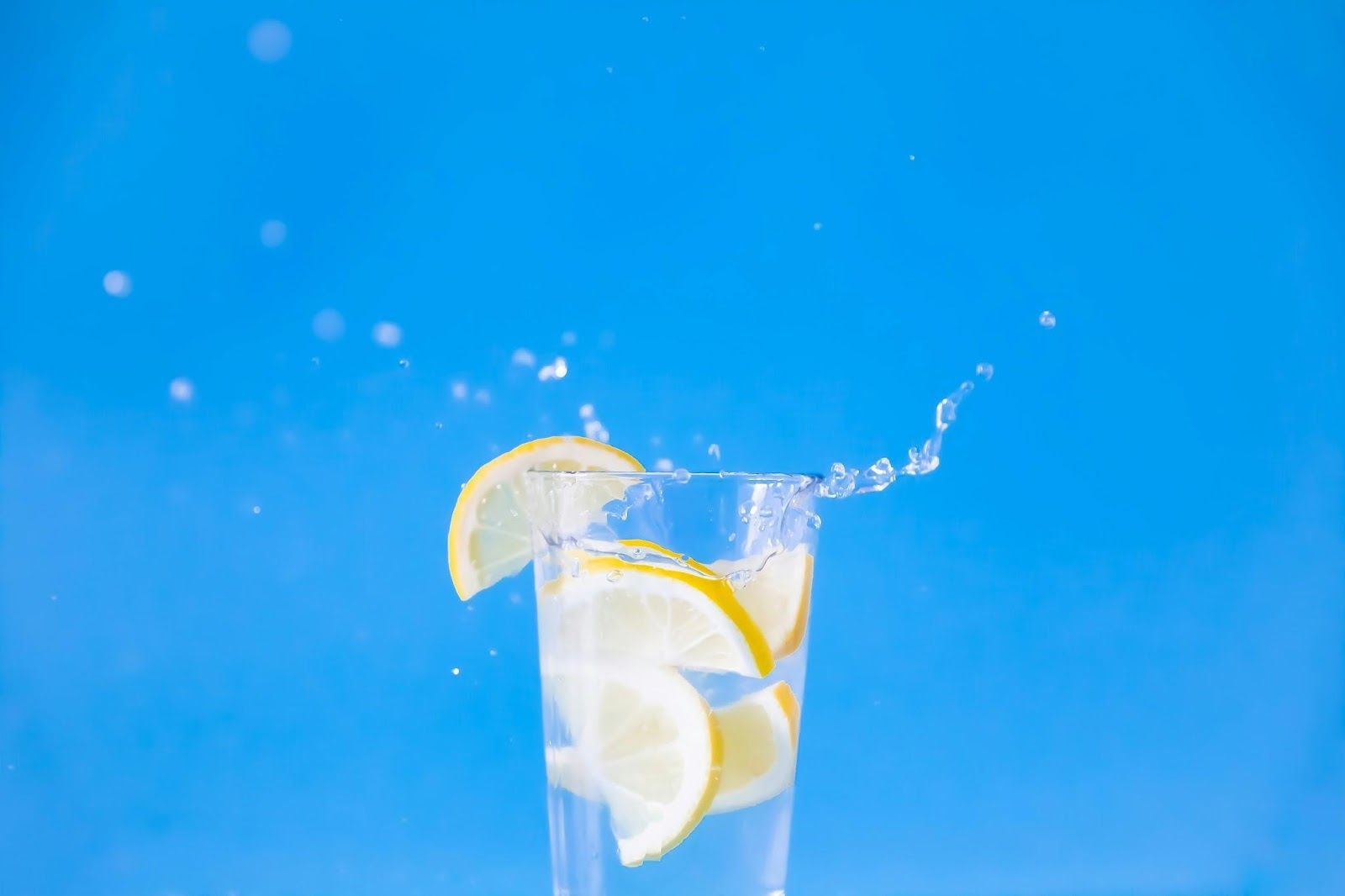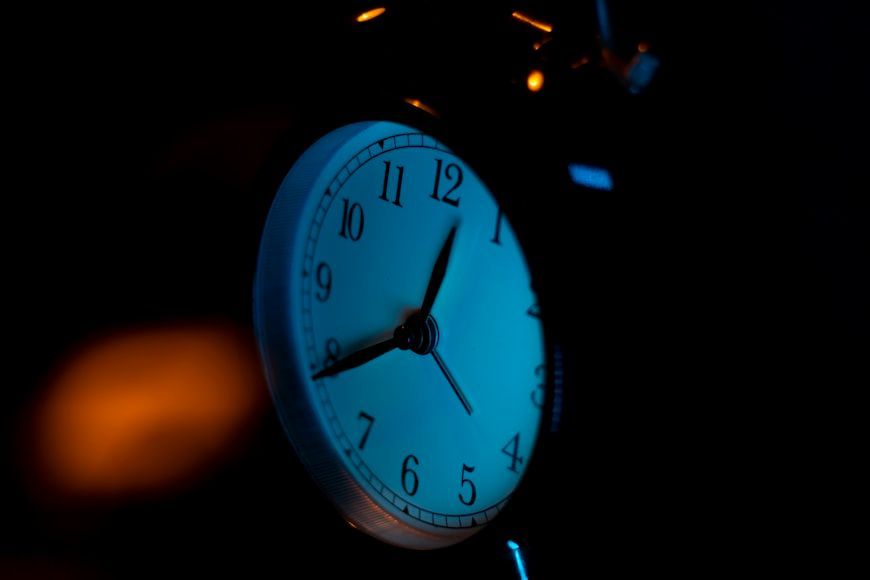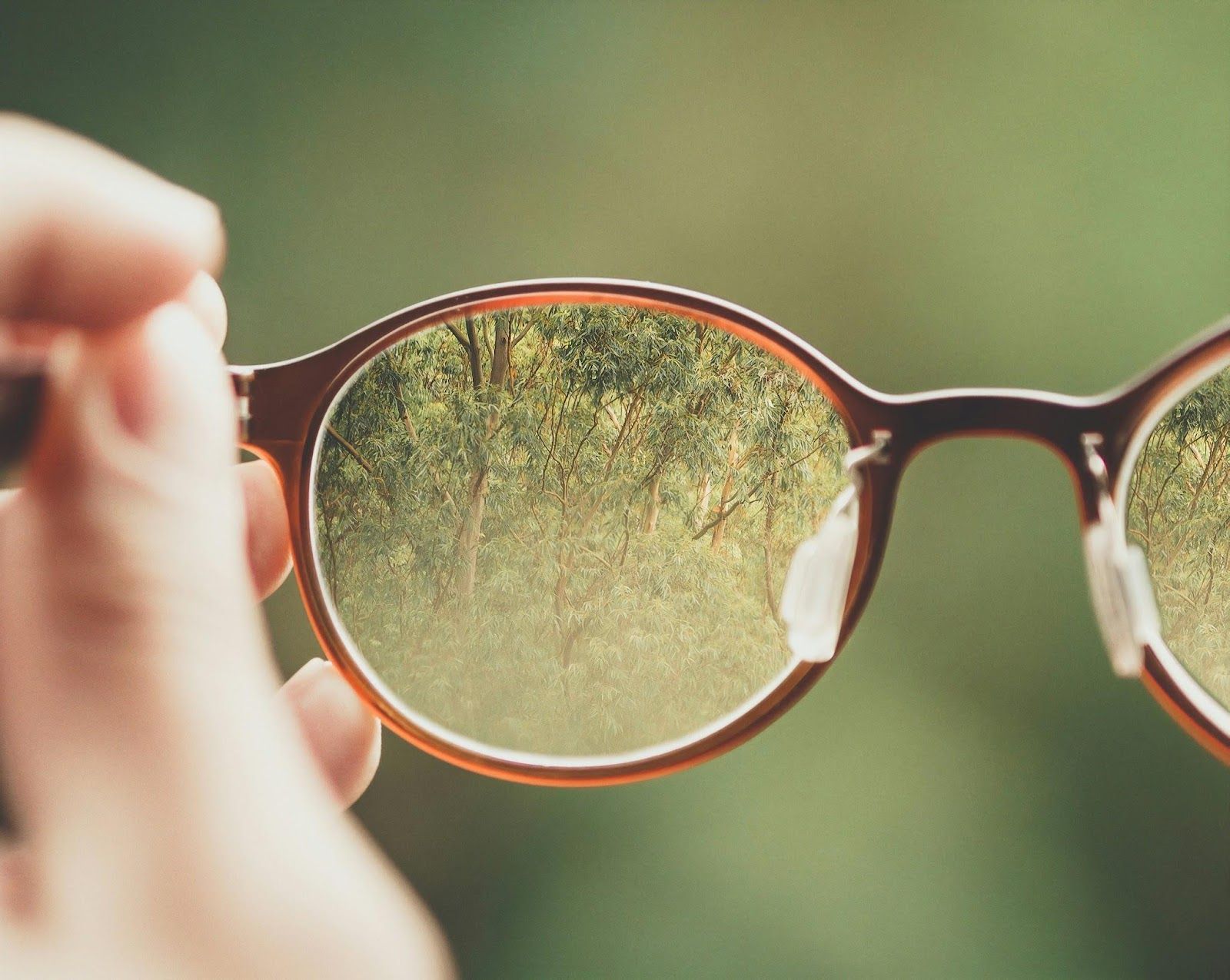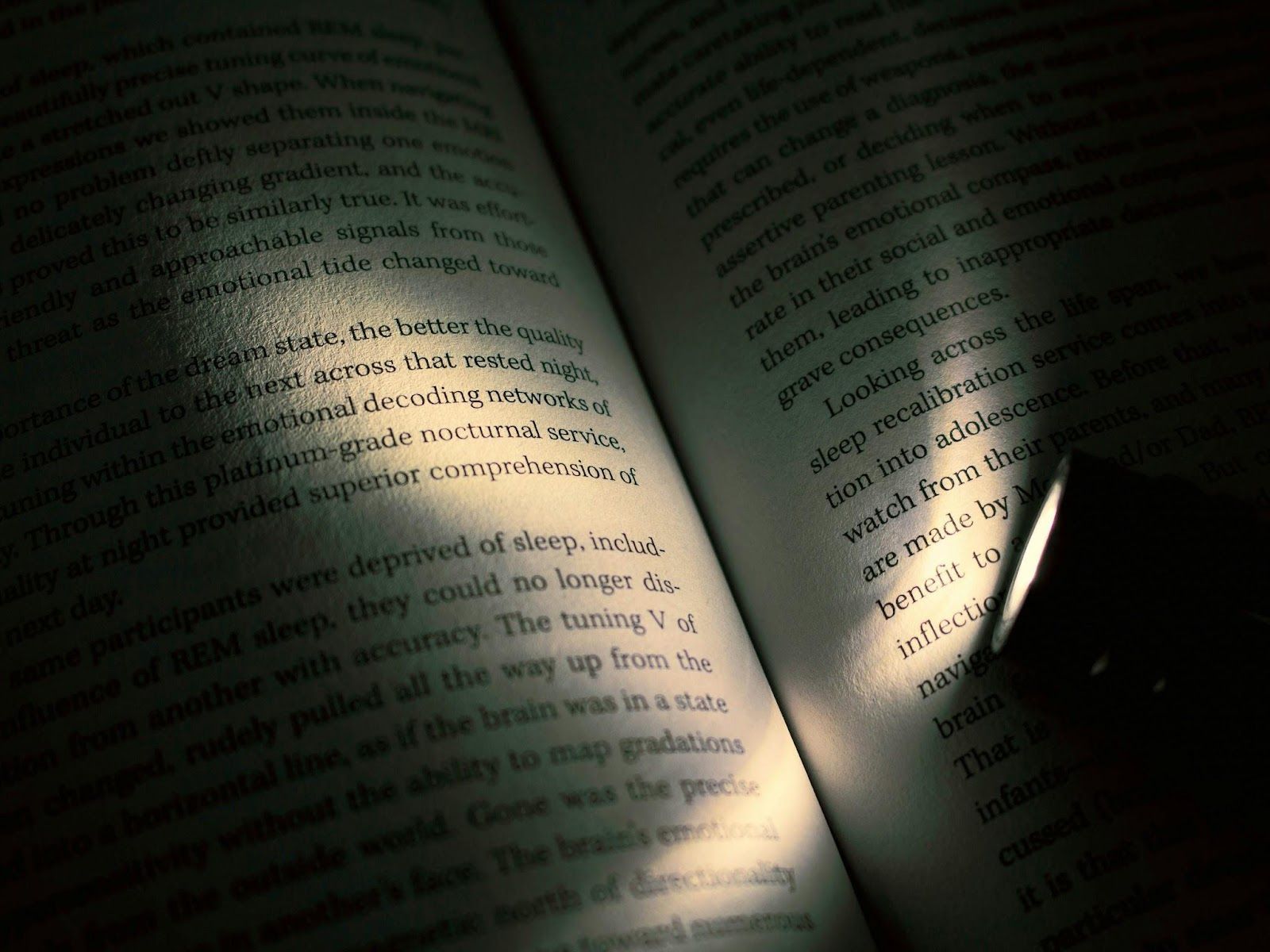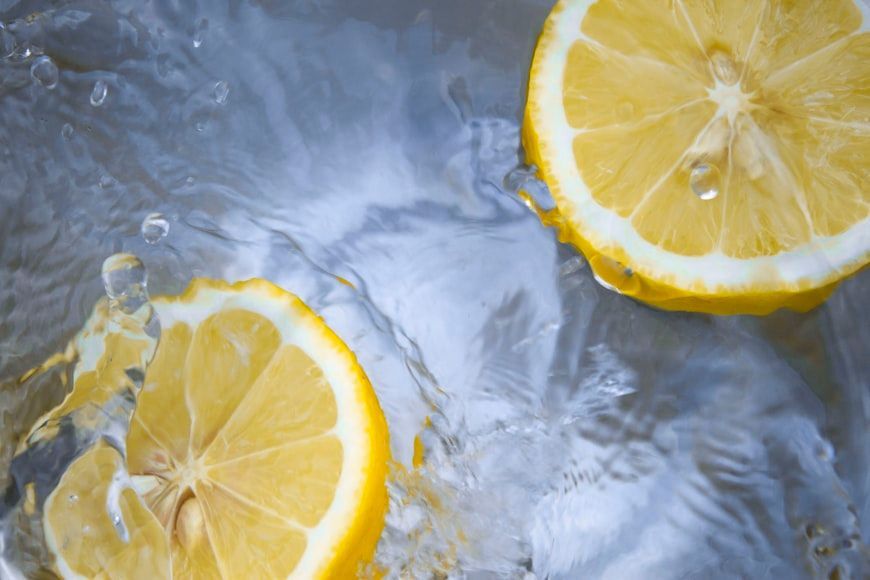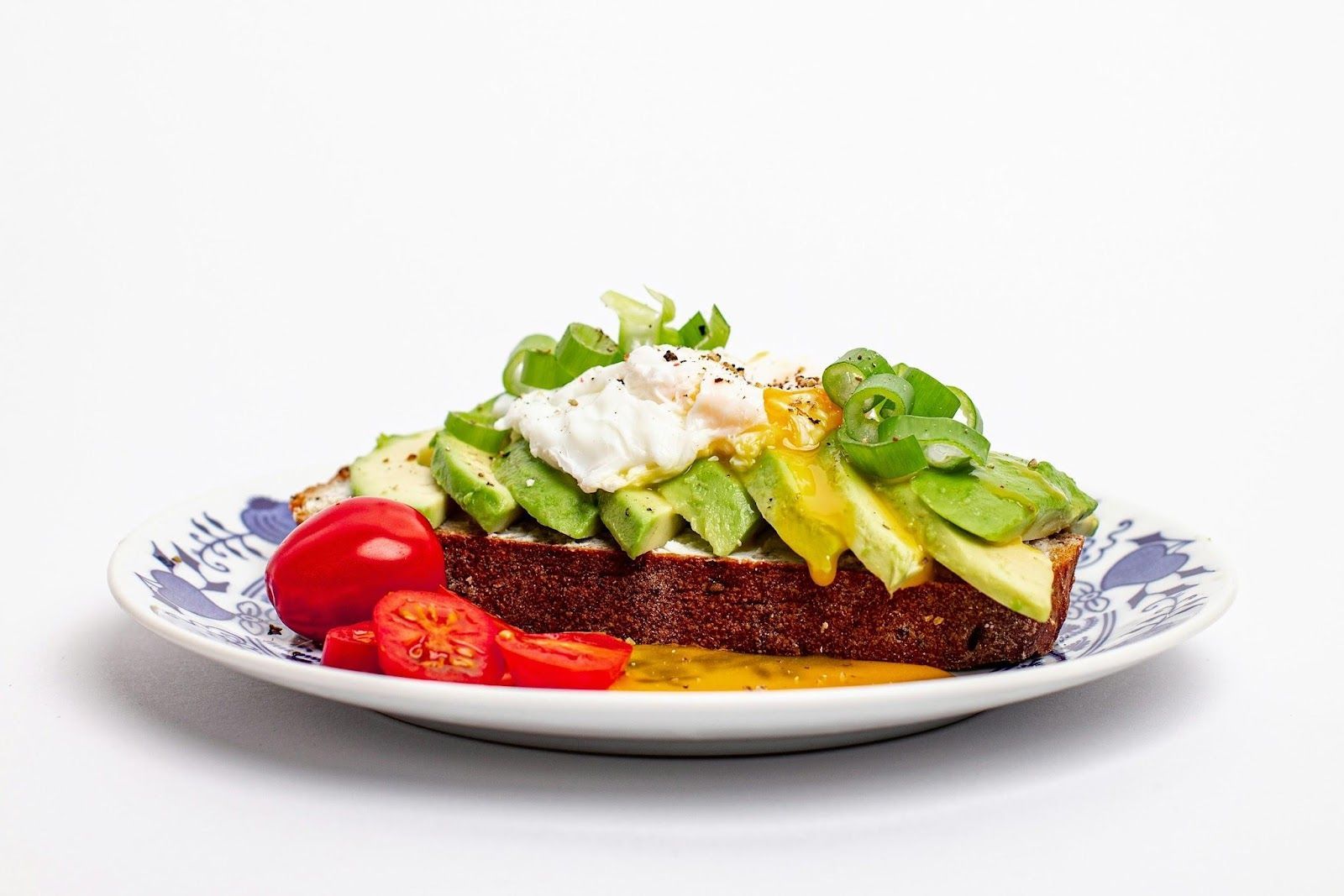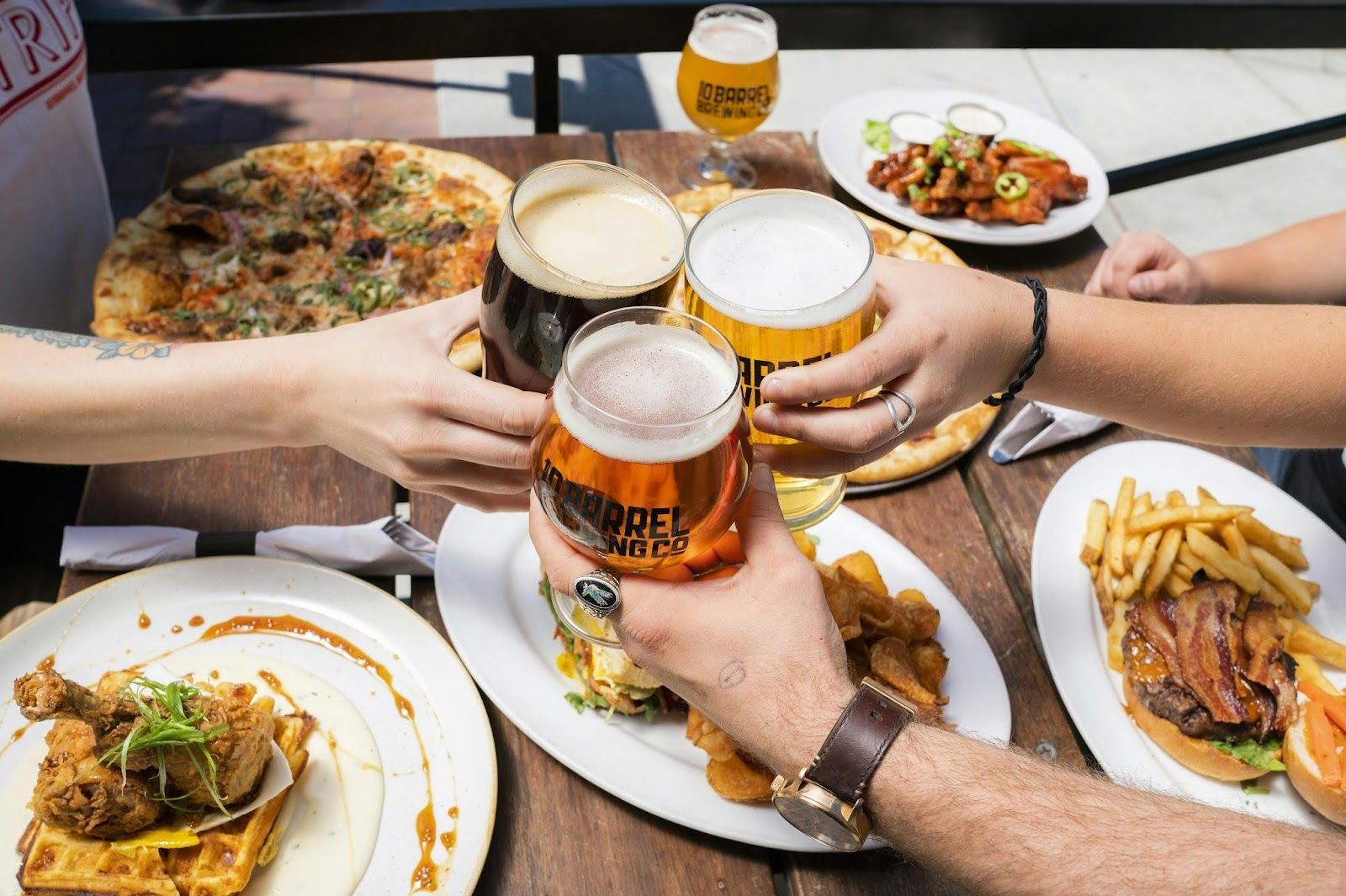Worth a thousand words
10 uncommon adjectives you should reintroduce into your vocabulary
Published on October 11, 2025
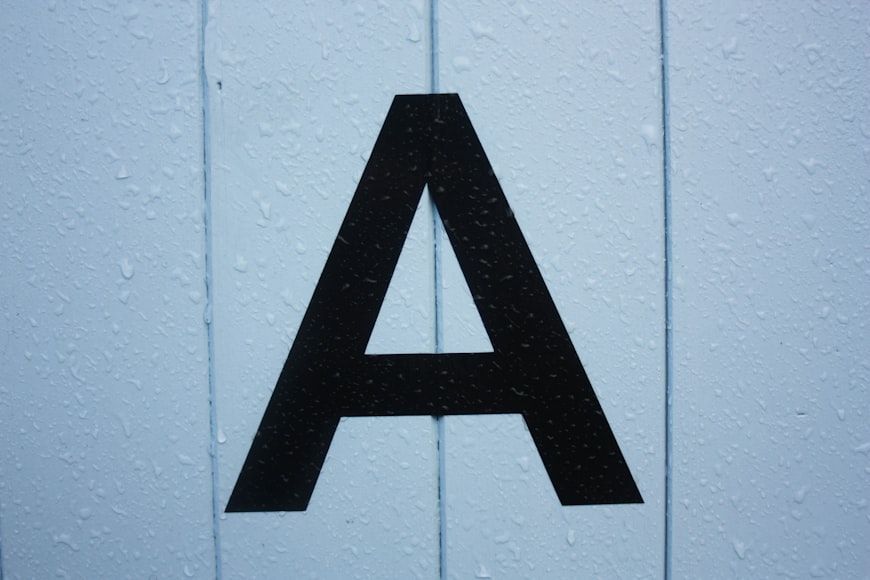 Credit: Pearse O'Halloran
Credit: Pearse O'Halloran
Languages are a wonderful thing, not only because they are a means of communication and thought development, but also because they showcase the human mind’s ability for description. Sadly, many words that were once considered common have slowly become obsolete, and the English language has lost unique ways of expressing specific realities. Here are some fancy adjectives that you should consider reintroducing into your daily vocabulary.
Anatine
 Credit: Håkon Helberg
Credit: Håkon Helberg
Meaning: related to ducks.
From the Latin anas, ‘duck’, this adjective can be used for anything pertaining to that particular animal. It might seem an unnecessary adjective, but it is nonetheless useful because you never know when you will have to discuss something duck-related.
Comely
 Credit: Melissa Chabot
Credit: Melissa Chabot
Meaning: pleasant to look at.
We can describe things and people as lovely, beautiful, charming, and more. But sometimes, these things and people are just simply pleasant to the eye. For times like that, we have the adjective ‘comely’.
Lackadaisical
 Credit: Jakub Kriz
Credit: Jakub Kriz
Meaning: lacking life or spirit, languid.
Some might think that the word languid is fancy enough for expressing a lack of energy, but don’t you think that ‘lackadaisical’ is a good conversation starter? It comes from the phrase ‘alack the day’, where ‘alack’ was used to express sorrow or regret.
Meretricious
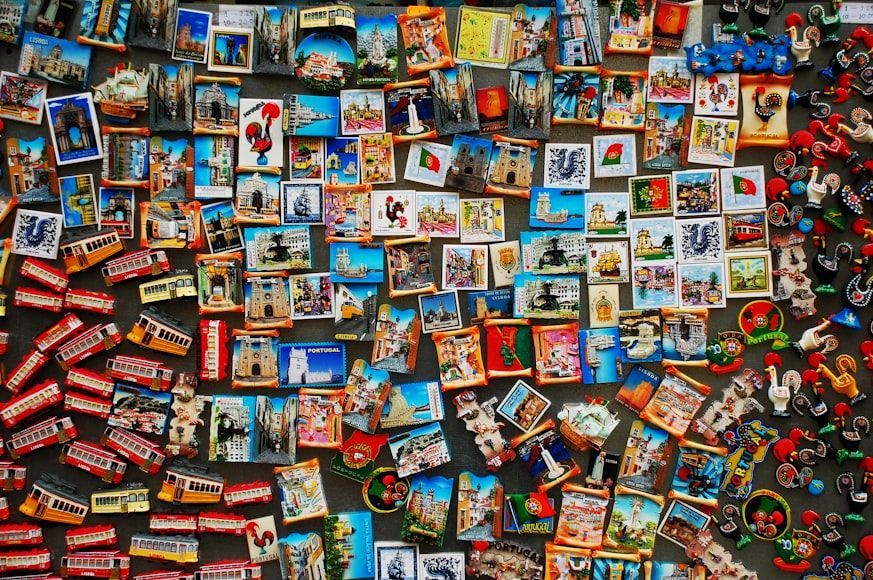 Credit: Sunguk Kim
Credit: Sunguk Kim
Meaning: showy, falsely attractive, pretentious.
The origins of this word are not exactly pleasant. From the Latin meretrix, a word used for women of questionable morals, its meaning shifted to refer to things that appear attractive but lack integrity or value.
Jejune
 Credit: Collab Media
Credit: Collab Media
Meaning: dull, without significance or interest.
This adjective comes from a Latin word, jejunus, that meant ‘empty of food, hungry, meager’. Once adopted into English, it began being used for things that lack substance. Additionally, ‘jejune’ also means ‘juvenile’, a meaning created by its confusion with the French jeune (‘young’).
Glib
 Credit: Glen Carrie
Credit: Glen Carrie
Meaning: fluent but insincere and shallow.
From glibberig, an Old German word meaning ‘slippery’, the term ‘glib’ was initially incorporated into English to describe things that were physically smooth or slippery. Over time, it came to describe someone who speaks easily and fluently, but does not convey sincerity.
Baleful
 Credit: Cherry Laithang
Credit: Cherry Laithang
Meaning: threatening, of pernicious influence.
Of Old English origin, ‘baleful’ comes from the word bealu, ‘evil’. Sometimes confused with ‘baneful’ (from Old English bana, ‘slayer’ or ‘murderer’), these two words have close meanings. However, while ‘baneful’ is used for things that cause evil, ‘baleful’ usually refers to a threat or sign of evilness.
Adroit
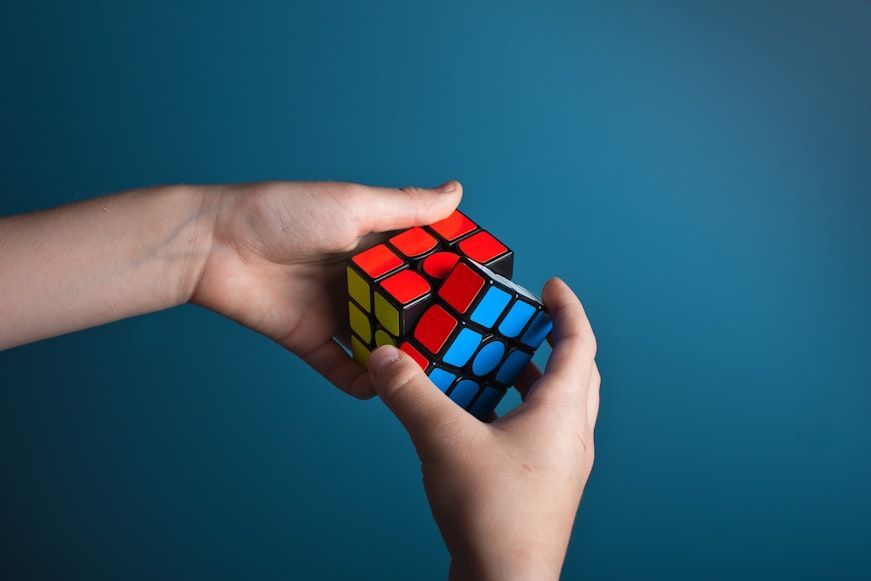 Credit: Olav Ahrens Røtne
Credit: Olav Ahrens Røtne
Meaning: skilled, clever, resourceful.
Originally a French word meaning both ‘handsome’ and ‘skilled in combat’, it is no longer used solely for physical skills, but also to denote intellectual capacities.
Crapulous
 Credit: Rachel Park
Credit: Rachel Park
Meaning: intemperate or excessive in eating and drinking.
Totally unrelated to a certain swear word quite common in English, the term ‘crapulous’ comes from the Latin crapula, meaning ‘intoxication’, derived in turn from the Greek term for a hangover headache.
Querulous
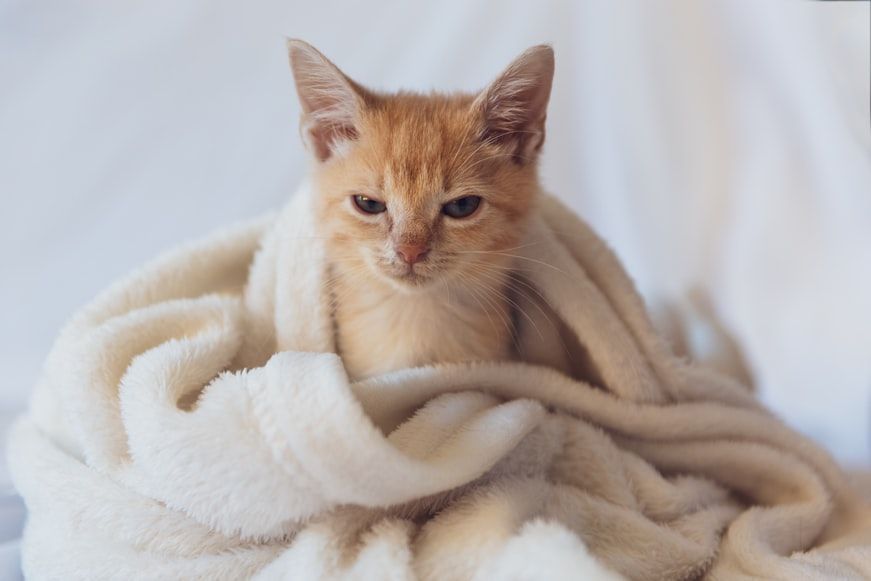 Credit: Grace Kelly
Credit: Grace Kelly
Meaning: whiny, with a tendency to complain.
Related through its origins to ‘quarrel,’ the adjective ‘querulous’ comes from the Latin queri, ‘to complain’. But beware: this word applies only to whiny people who complain for fun, not to justified or occasional complaints.
